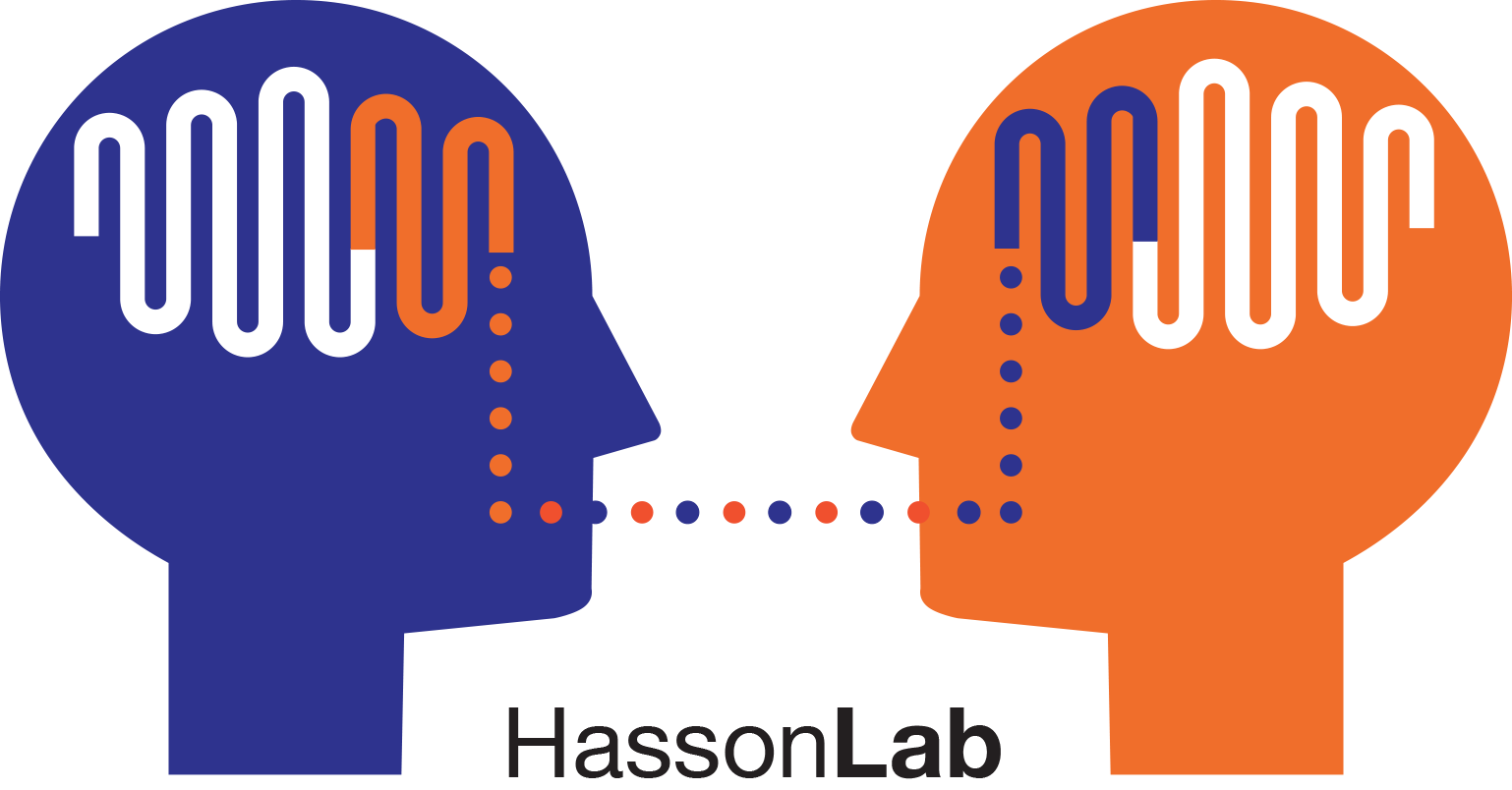Shared and Idiosyncratic Cortical Activation Patterns in Autism Revealed Under Continuous Real-Life Viewing Conditions
Type
Although widespread alterations in cortical structure have been documented in individuals with autism, the functional implications of these alterations remain to be determined. Here, we adopted a novel inter-subject correlation (inter-SC) and intra-subject correlation (intra-SC) technique to quantify the reliability of the spatio-temporal responses of functional MR activity in adults with autism during free-viewing of a popular audio–visual movie. Whereas these complex stimuli evoke highly reliable shared response time courses in typical individuals, cortical activity was more variable across individuals with autism (low inter-SC). Interestingly, when we measured the responses within an autistic individual across repeated presentations of the movie, we observed a unique, idiosyncratic response time course that was reliably replicated within each individual (high intra-SC). Encouragingly, after filtering out the idiosyncratic responses from each individual time course, we were able to uncover a more typical response profile, which resembles the shared responses seen in the typical subjects. These findings indicate that, under conditions approximating real-life situations, the neural activity of individuals with autism is characterized by individualistic responses that, although reliable within an autistic individual, are both highly variable across autistic individuals and different from the responses observed within the typical subjects. These idiosyncratic responses may underlie the atypical behaviors observed in autism. At the same time, we are encouraged by the presence of the more typical activation pattern lurking beneath these idiosyncratic fluctuations. Taken together, these findings may pave the way to future research aimed at characterizing the idiosyncratic response profiles, which, in turn, might contribute to a better understanding of the heterogeneity of the autism spectrum and its diagnosis.

